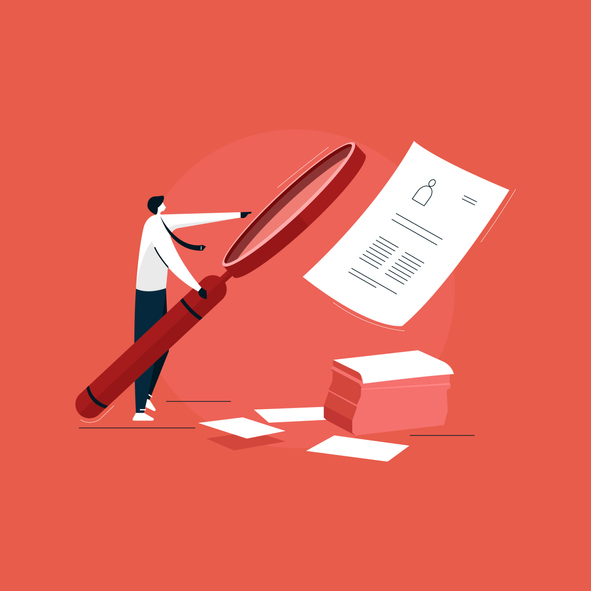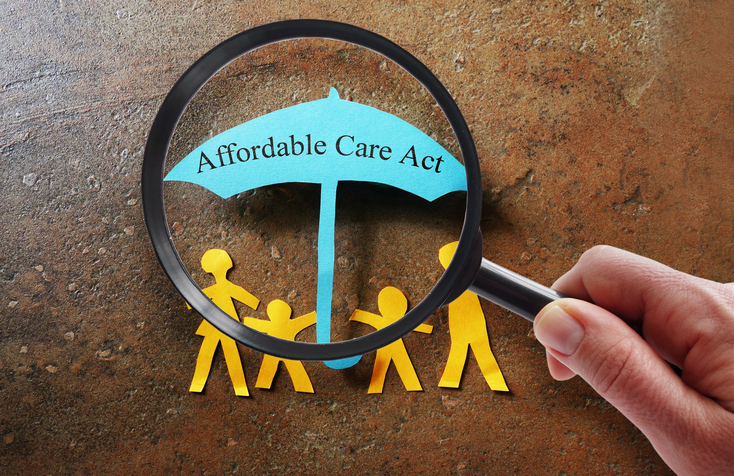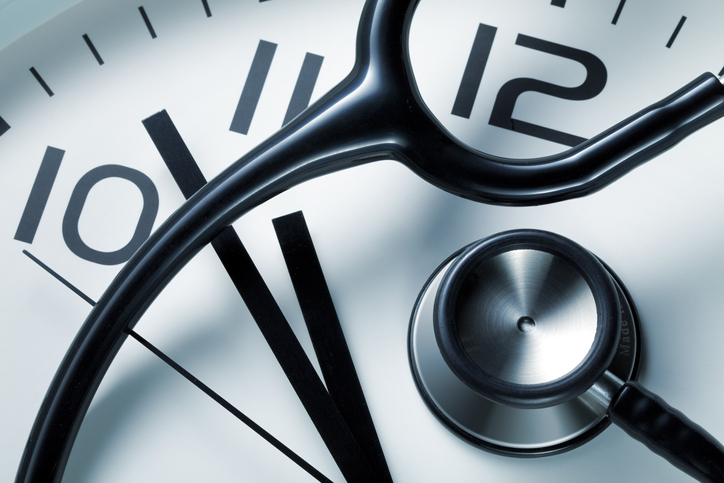It’s hard to get past the crazy of the Rap Genius team, probably because it’s such a comprehensive crazy. Recreational use of prescription meds, cultural appropriation, comments that are a mix of hippie and rapper, “If you wanna ball major, you’ve gotta drink the f-ckin kool-aid.”
I don’t know if the three Yale alumi are trolling all of us or opening a window on their love-filled world. Either way, they have built a service that is both cool and helpful which is the only reason I can compartmentalize the crazy and focus on the site.
The original site was built to translate rap lyrics. If you weren’t hip enough – or didn’t want to spend enough time to figure it out yourself – to understand what Kid Ink or Janelle Monae are singing about, Rap Genius annotates the words with explanations.

With the Rise of AI, What IP Disputes in Healthcare Are Likely to Emerge?
Munck Wilson Mandala Partner Greg Howison shared his perspective on some of the legal ramifications around AI, IP, connected devices and the data they generate, in response to emailed questions.
Lisa Suennen called it last fall right after Andreesen Horowitz gave the kooky trio $15 million: healthcare desperately needs a translator like Rap Genius.
Last week the company launched News Genius at TechCrunch Disrupt NY. The trio has talked about annotating War and Peace, but news is new. One of the examples the company used last week was the news about the FDA’s approval of Plan B for girls 15 and up.
The screenshots don’t do it justice. Click through for the full effect.
Any text that is yellow is annotated.
Why is it called Plan B?
What’s the chemical formula for Levonorgestrel?
What is the back story around this FDA controversy that is not based on science at all? Click and you’ll know.
Think if a veteran could download her medical records via the Blue Button and create footnotes like this.
Or if an adult child could leave notes for a home health worker who is providing respite care?
Or if version 2.0 of the Open Notes project could be a two-way conversation instead of one-way?
Those examples are all private communications. Think about how a site like PatientsLikeMe could use this technology to explain test results or DNA mapping or how a doctor’s office could do patient education or an how advocacy organization.
This solves the problem of TLDR (too long didn’t read) and is even better than hyperlinks for adding context to any online information. When you don’t have to leave the page to get more context, that makes it much more likely that a reader will click on the extra links to learn more.
Plus, you are giving the reader even more control of how much information to consume. The fine-print people will dig in and the skimmers will be able to get the basics quickly.














